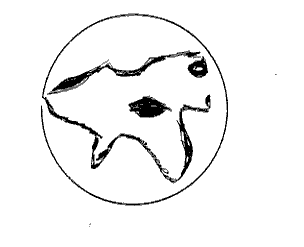 |
 |
|
|
|
Student #3Task: To demonstrate that a given fruit or vegetable is cellular, and be able to communicate this fact.The cell theory say that all living organisms are cellular, or are composed of cells. For some organisms the truth of this theory may be hard to recognize. For example, various fruits and vegetables by themselves sitting in the grocery store do not seem to be alive. Yet they are alive. They grow, they use oxygen, and perform many of the other processes associated with life. But are they cellular? That is what you will try to determine, is a fruit or a vegetable composed of cells? Materials The supplies and materials you need will depend upon the kind of investigation you want to carry out. Once you have decided upon how you will go about solving this problem, prepare a list of materials you will need and discuss it with your teacher. Directions 1. On the front desk are a number of fruits. Select one of the fruits, and using the supplies and equipment in the room, or that you may wish to bring from home, design and carry out an exercise that will demonstrate that the fruit is or is not composed of cells. If you do not see the supplies or the equipment that you need ask the teacher for help in locating the item. 2. Once you have determined that the fruit or vegetable that you chose is or is not cellular you will demonstrate this fact to the teacher by visually showing the teacher your evidence, and by drawing an accurately labeled diagram of the fruit or vegetable showing the presence or absence of cells. Student Response Name ________________________________ Materials: 
Observation: 
ScoringCircle the student's score for each question. Add the points for
each question and write the total score at the bottom of the scoring
form. 
Go to Previous Student Work |